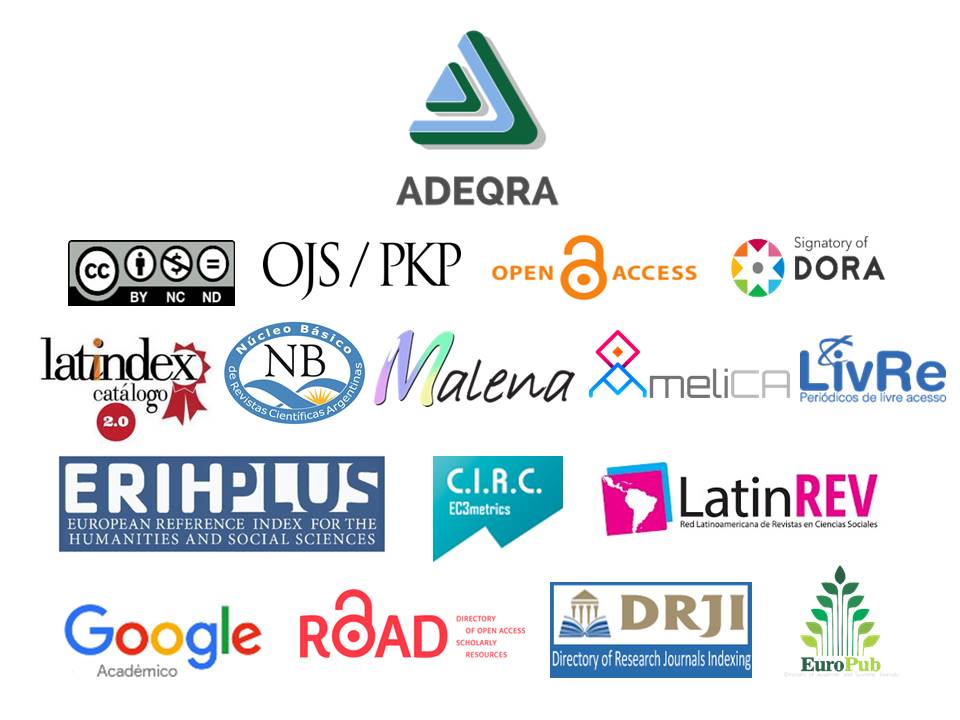Biotechnology gives chemistry “another turn of the screw”
Keywords:
biotechnology, technological advances, educationAbstract
Biotechnology is a technology that uses the properties of living systems to produce and transform food, to obtain therapeutically active substances and to collaborate with environmental changes, among other applications. Like all technology, it is considered multidisciplinary and many of the disciplines that provide it with scientifc foundation are derived from chemistry. The industrial production of drugs sees a decrease in the proportion of small synthetic molecules, and an increase in the proportion of macrobiomolecules expressed through living systems. This was possible after the application of concepts derived from the sequencing of the human genome and the optimization of largescale production of recombinant human proteins. The objective of this work is to reveal new applications related to chemistry, derived from its more recent variants, to revalue, rethink and update its teaching.
References
Antokoletz, A., Sarmiento, M., Gaetan, R., Guzmán, M. y Carrera, M. (2004). Biotecnología: entre células, genes e ingenio humano. Ciudad Autónoma de Buenos Aires: Editorial Escritura en Ciencias.
Escudero, A. (2010). Avances farmacéuticos en el siglo XXI: medicamentos biotecnológicos. Revista cuadernos tomas 2, 245-262. Recuperado de https://dialnet.unirioja.es/servlet/articulo?codigo=3761330
Gómez, G. (2012). Producción de Proteínas Recombinantes. Revista Colombiana de Menopausia, 18(3). Recuperado de https://encolombia. com/medicina/revistas-medicas/menopausia/vm-183/produccionproteinas-recombinantes/
International Dairy Foods Association. (2006). Idfa. Washington: Multiview. Recuperado de https://www.idfa.org/news-views/media-kits/cheese/history-of-cheese
Lara, A. (2011). Producción de proteínas recombinantes en Escherichia
coli. Revista Mexicana de Ingeniería Química, 10(2), 209-223. Recuperado de http://www.scielo.org.mx/scielo.php?script=sci_arttextypid=S1665-27382011000200006
Municio, A. (2001). Presente y futuro de la Biotecnología. Madrid: Editorial Espasa Calpe.
Peña, M. (2002). La Biotecnología: Fundamentos, aplicaciones y retos. Revista Colombia Ciencia y Tecnología, 20(3), 3-13.
Piedmonte, D. y Treuhei, M. (2008). Formulation of Neulasta. Journal of Advanced Drug Delivery Reviews, 60(1), 50-58.
Sánchez, J. (2011). Biotecnología: presente y futuro. Anales de la Real
Academia Nacional de Farmacia, 4, 52-59. Recuperado de https://dialnet.unirioja.es/servlet/articulo? codigo=4097109
Santos, D., da Silva, L., do Amaral, B., Oliveira, J., Pires, K. y Barufatti, A. (2012). Biotecnología aplicada a la alimentación y salud humana. Revista chilena de nutrición, 39(3), 94-98.
Thieman, W. y Palladino, M. (2010). Introducción a la Biotecnología. Madrid: Editorial Pearson Educación.
United Nations. (1992). Convention on Biological Diversity. Recuperado de https://www.cbd.int/doc/legal/cbd-en.pdf
Wilches, A. (2010). La Biotecnología en un mundo globalizado. Revista Colombiana de Bioética, 5(2), 164-169.
Downloads
Published
How to Cite
Issue
Section
License
Copyright (c) 2020 Lourdes Puig, Adriana M. Carlucci, Lucrecia Curto

This work is licensed under a Creative Commons Attribution-NonCommercial-NoDerivatives 4.0 International License.



